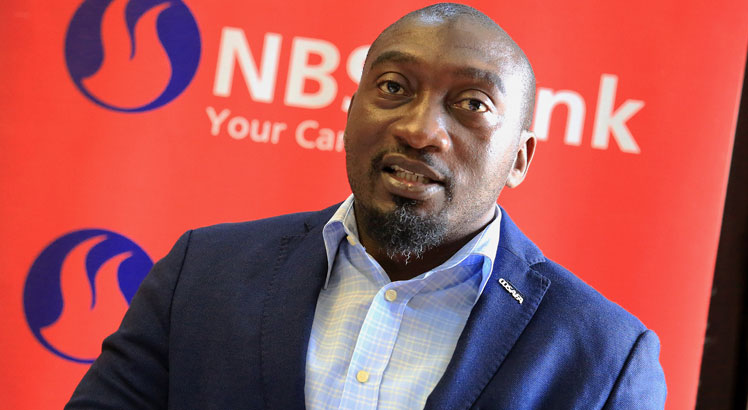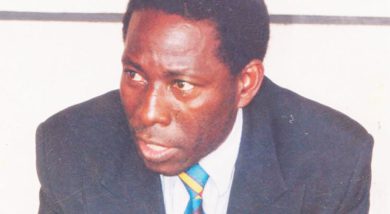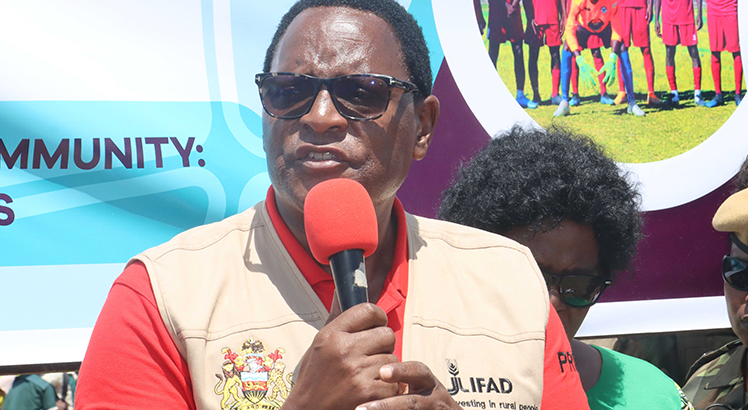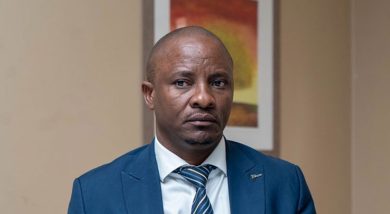Govt to formulate sponsorship policy
Ministry of Youth, Sports and Culture is formulating a sports sponsorship policy to guide interested sponsors and beneficiaries.
Director of Sports Jameson Ndalama said the ministry has decided to introduce the policy, which will be a blueprint for sponsorship, to attract more sponsors into sports.
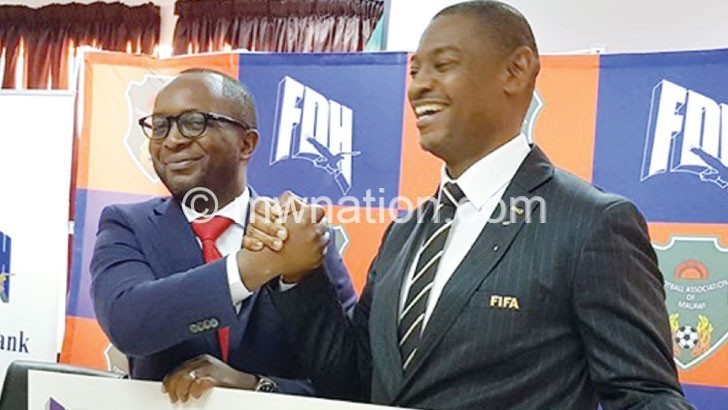
“In Malawi, sports development is still at its infancy. People think and believe that the role to develop sports is for government alone and that is why we are lagging behind.
“For this reason, the status of sports sponsorship in Malawi is that very few companies sponsor sports programmes and teams. And most sponsorships do not have clear goals and benefits.
“There is no awareness of the difference between donations, sponsorships and partnerships. Most of the sponsorships available are poorl-managed and, therefore, they do not achieve intended goals,” he said.
Ndalama said through the policy, the ministry hopes to promote awareness on sponsorships and partnerships among stakeholders.
“Government is committed to continuing and increase investiment in sports development. But to effectively achieve this, there is need for corporate sector support through donations, sponsorship and partnerships in various areas.
“Sponsorships may be in school competitions, construction and renovation of community sport facilities, community competitions, development of strategic plans, regional and national leagues, camping of national teams and athletes.
“These are some of the issues that the sponsorship policy will highlight. We hope the policy will help potential sponsors to identify areas which they can come in and help. Through the policy, it is also expected that sponsorship cost will be less,” he said.
FDH Bank head of marketing Levie Nkunika, whose firm sponsors sports from grassroots to national team level to the tune of K500 million for three years, applauded government for the policy.
He, however, advised Ministry of Sports to categorise the sponsors for specific areas in order to maximise the returns.
“Corporates come in two-folds. Others want results there and then, because they have shareholders—people who have invested their money and need returns immediately, because they are not charities. Others are already in growth-sustained mode. These then can easily put resources into developmental purposes because they may have big shareholders or big funders.
“Therefore, they need to be separated. The role of the government should be to make sure that the developmental side is taken care of because corporates that are in growth take-off self-sustained mode are few.
“As you might have seen that a few companies have folded up in the past years. So, that should be considered when coming up with the sponsorship policy and strategic plans for sports,” he said.
Nkunika also advised Ministry of Sports to prioritise sponsorship for sports disciplines that have potential to succeed.
“As a nation, we must agree that resources are scare so we need to focused. Which sporting disciplines have a competitive advantage? Naturally, in Malawi we have sports disciplines which if supported fully they can be global success.
“For example, netball we have a natural comparative advantage over other countries. In Kenya, when they noted that they have a comparative advantage in athletics, they pumped resources into athletics and that’s why they get trophies at that level. In netball, as a country we have that opportunity,” he said.


